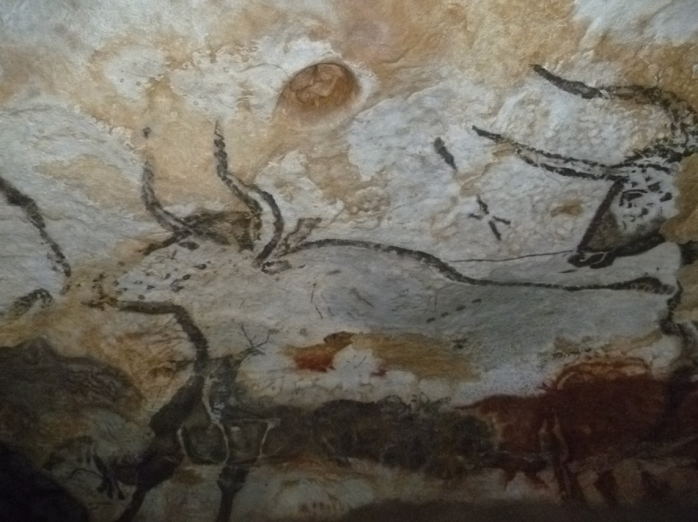What We're Reading

Daniel R. Quiroga-Villamarín, The Graduate Institute Geneva
George Orwell, Essays, [New edition] (London: Penguin, 2014).
In the first candid essay of this rather sincere collection, Orwell explores the sorts of pressures that led him to become such a celebrated writer in the first place. I initially went back to this collection to pinpoint some citations of Orwell’s Notes on Nationalism essay of 1945 for my own research, but I also took this opportunity to reread some of his insights on writing —and on the English language in particular.
Cemil Aydin et al., “Rethinking Nationalism,” The American Historical Review 127, no. 1 (2022): 311–71, https://doi.org/10.1093/ahr/rhac133.
Following Orwell’s trail, this rich forum brings twelve scholars together to compare their “notes on nationalism” in a time which is witnessing its worrying resurgence. These voices, curated by Michael Goebel, raise compelling questions about the role and responsibility of the historian’s craft in an increasingly virulent political atmosphere.
Christian Reus-Smit and Ayşe Zarakol, “Polymorphic Justice and the Crisis of International Order,” International Affairs 99, no. 1 (2023): 1–22, https://doi.org/10.1093/ia/iiac232.
Finally, opening a timely special section on “injustice and the crisis of international order,” Reus-Smit and Ayşe Zarakol offer a helpful map of how different claims related to the unfairness of the post-1945 international order have been raised in the last decades. As this order seems to come apart at its seams, Reus-Smit and Ayşe Zarakol highlight that the “justice claims and grievances” it raised have to be addressed if this order is to survive the crisis that haunts it.
Joseph Satish, University of Hyderabad
Becky Ferreira, "A Total Amateur May Have Just Rewritten Human History With Bombshell Discovery", Vice
Ben Bacon, a furniture conservator based in London, U.K. who has described himself as “effectively a person off the street,” has unveiled what he believes is “the first known writing in the history of Homo sapiens,” in the form of a prehistoric lunar calendar, according to a study published in the Cambridge Archeological Journal.
Sarfras E.P. and Anees Kambalakkad, "Interview: ‘Today, Science Is a Weapon To Celebrate a Romantic Past’", The Wire
In this interview, the writers talk to Renny Thomas, the author of Science and Religion in India: Beyond Disenchantment (Routledge, 2021) on the central themes of the book, and the growing (mis)appropriation of science in India by various groups.
Livia Gershon, "The Colonial History of the Telegraph", JSTOR Daily
Long before the internet, the telegraph brought much of the world together in a communications network. The new nineteenth-century technology was deeply entangled with colonialism, both in the uses it was put to and the raw material that made it possible.